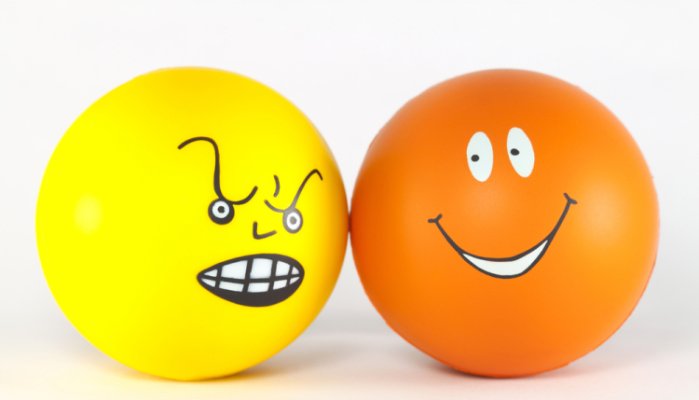“Reaching to a success is keeping your mind awake and your desire is in asleep” In our personal and professional lives, we do have many
Tag: decision-making
Difference in our reaction & response
“Our body can take a quantum leap but the transformation of our mind is always incremental.” When we talk about differentiating in our reaction and
Breathing helps us in decision-making
Conscious Breathing is a simplest management tool for rational decision-making Our inhalation and exhalation is actually involved with our every activity. Now we will do
Anger can be used as a strategy
In this modern age, ‘Anger Management’ is a popular subject to discuss in Corporate world and also in any informal groups. Few people are really
How ‘Rational Thought Process’ helps in strategic decision-making
“Decision-making is the process of identifying and choosing alternatives based on the values and preferences of the decision-maker.” Decision is an element which is a



